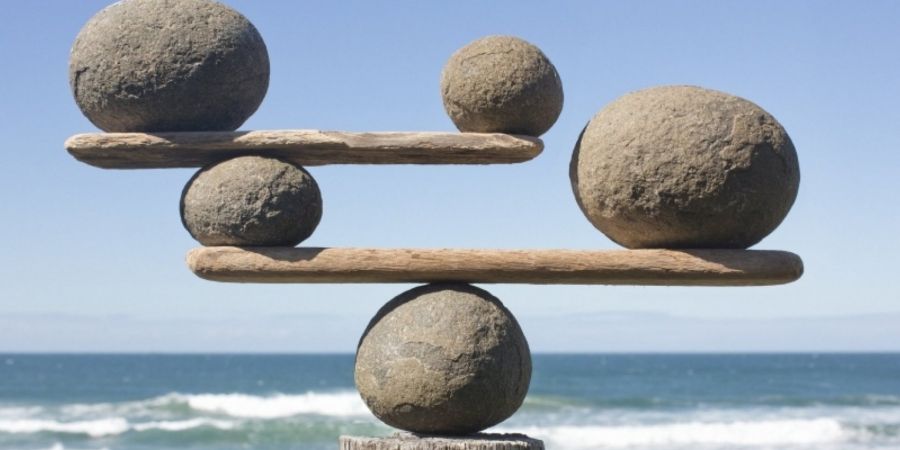

I have read "The Subtle Art of Not Giving A F*ck " last year. This turned out to be a beacon of light for me in 2020 because of the ongoing pandemic which was no less than an anathema to me. The pandemic had pushed me into the state of chaos , thus everything became nebulous and gloomy. I have completed the book on 28-12-2020 and new year was knocking at the door. The upcoming new year has made me sanguine, I was ascertain that everything is going to be back to normal , but you all know how deadly second wave was. Hope for the upcoming days to be better. This book helped me throughout to be strong and is still working as a backbone.
Here are my major takeaways from the book :
The desire for more positive experiences is itself a negative experience. And, paradoxically, the acceptance of one's negative experience is itself a positive experience.
How to pick and choose what matters to you and what does not matter to you based on finely honed personal values.
You can't be an important and life-changing presence for some people without also being a joke and an embarrassment to others.
Trust that you can fall backwards and still be okey.
The greatest truths in life are usually the most unpleasant to hear.
We suffer for the simple reason that suffering is biologically useful. It is nature's preferred agent for inspiring change.
Pain, in all its forms, is our body's most effective means of spurring action.
The emotional pain of rejection or failure us how to avoid making the same mistakes in the future.
Many self help gurus teach you new forms of denial and pump you up with exercises that feel good in the short term, while ignoring the underlying issue.
Emotions are simply biological signals designed to nudge you in the direction of beneficial change.
Choose your struggle.
Technology has solved old economic problems by giving us new psychological problems.
People who become great at something become great because they understand that they are not already great-thy are mediocre, they are average- and that they could be so much better.
Humans often choose to dedicate large portions of their lives to seemingly useless or destructive causes.
Self awareness is like an onion. There are multiple layers to it, and the most you peel them back, the more likely you are going to start crying at inappropriate times.
once we understand that root cause, we can ideally do something to change it.
We get to control what our problems mean based on how we choose to think about them, the standard by which we choose to measure them.
The question is not whether we evaluate ourselves against others rather, the question is by what standard do we measure ourselves ?
Pleasure is the most superficial form of life satisfaction and therefore the easiest to obtain and the easiest to lose.
To deny negativity is to perpetuate problems rather than solve them.
Anger is natural. Anger is a part of life. Anger is arguably quite healthy in many situations.
People who are terrified of what others think about them are actually terrified of all the shitty things they think about tthemselves being reflected back at them.
Often the only difference between a problem being painful or being powerful is a sense that we chose it, and that we are responsible for it.
We don't always control what happens to us. But we always control how we interpret what happens to us, as well as how we respond.
With great responsibility comes great power.
The more we choose to accept responsibility in our lives, the more power we exercise over our lives.
We are responsible for experiences that aren't our fault all the time. This is part of life..
To simply blame others is only to hurt yourself.
The human mind is a jumble of inaccuracy.
Failure itself is a relative concept.
If you are stuck on a problem,don't sit there and think about it; just start working on it. Even if you don't know what you are doing, the simple act of working on it will eventually cause the right ideas to show up in your head.
Action is always within reach.
It is a strange form of liberation through accepting rejections.
People with strong boundaries understand that a healthy relationship is not about controlling one another's emotions, but rather about each partner supporting the other in their individual growth and in solving their own problems.
This book and its learnings are still the beacon of light for me.






